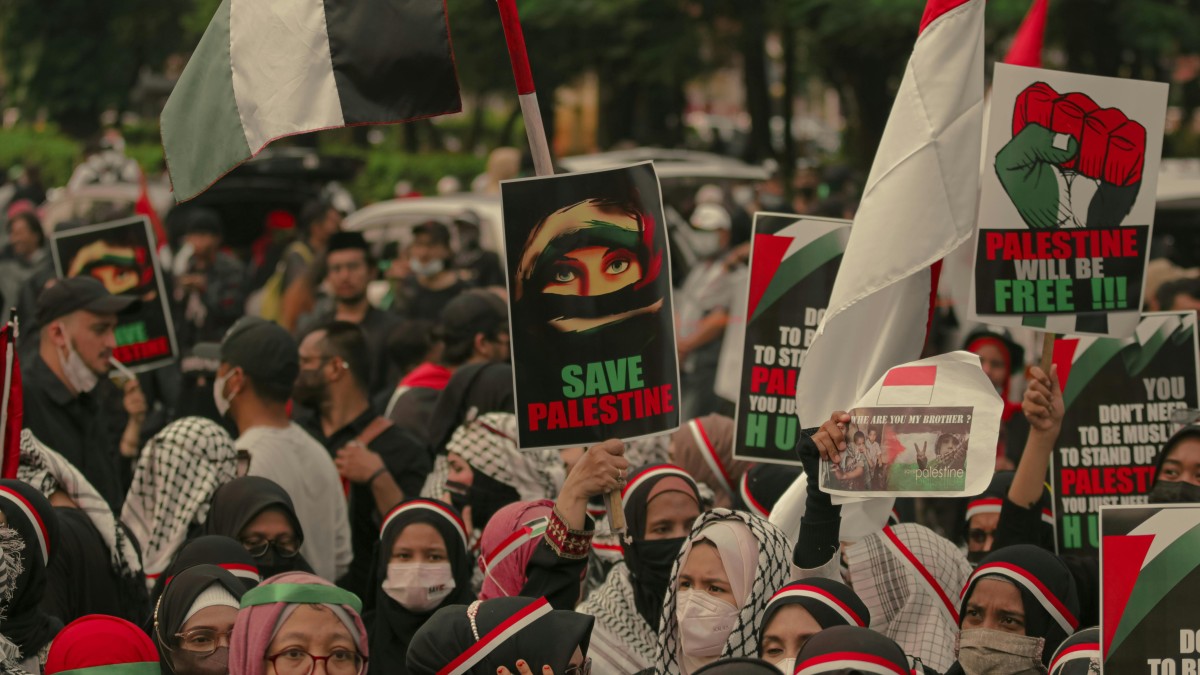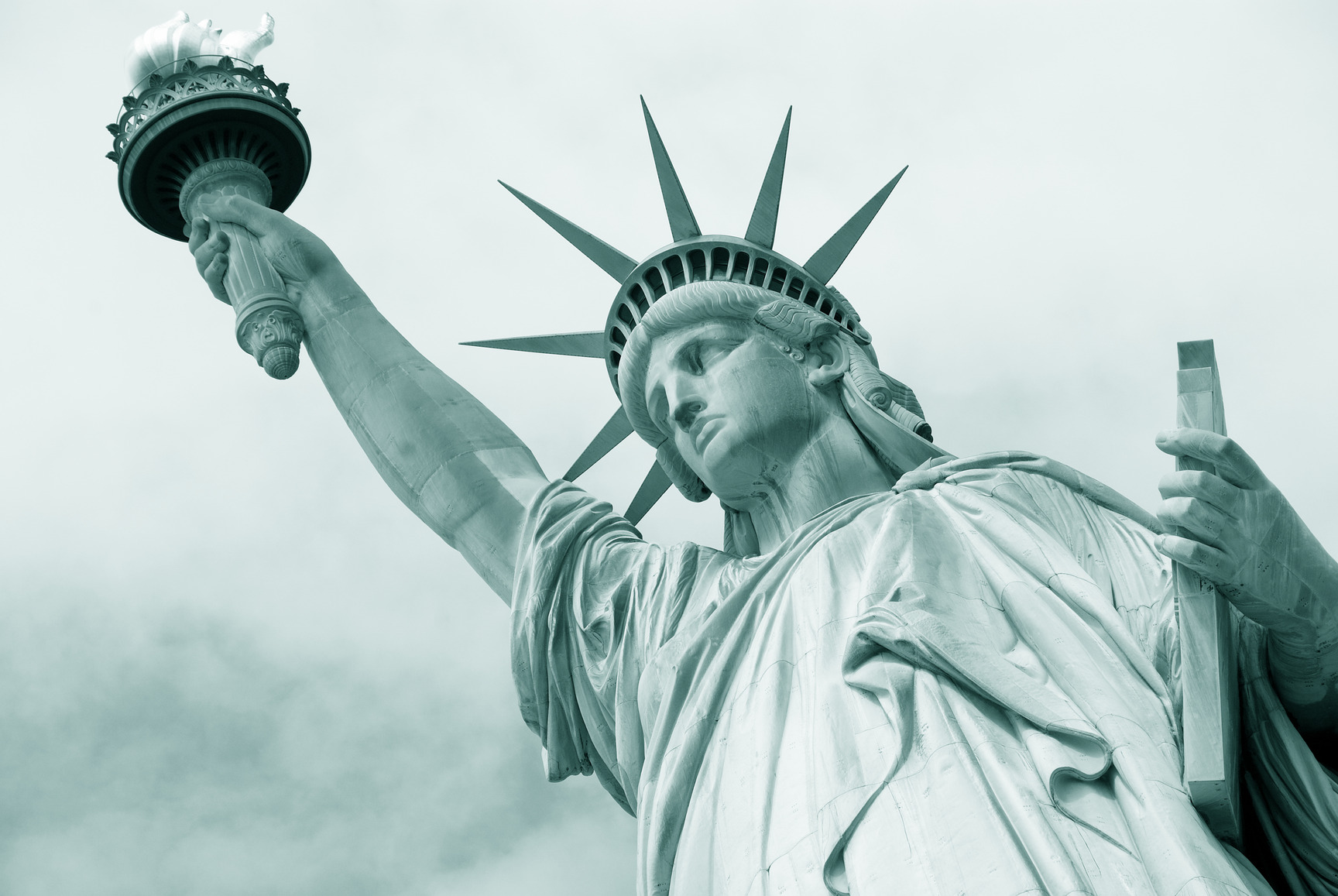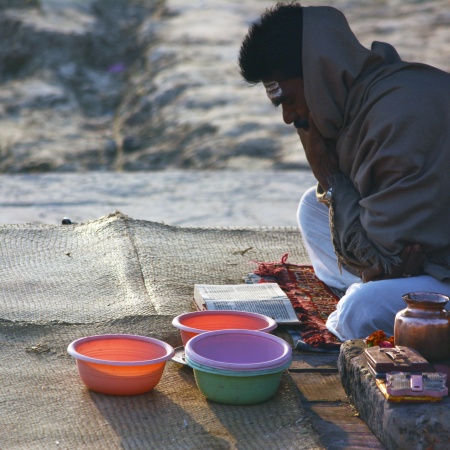Padilla vs. Yoo: An Update
By Jacob G. Hornberger
Editor’s note: John Yoo is the Bush administration attorney who provided the fundamental intellectual basis for the torture programs of the Bush administration. Because of his memos the Geneva Conventions, to which the United States is a signatory, were not applied to prisoners captured after 9/11. Because of Yoo’s work, nor were those prisoners able to avail themselves of the benefits of American law. Because of the Orwellian legal procedures the Yoo doctrine attempted to justify, Guantanamo legal proceedings became absolute disgraces to the American system of law–in fact, even communist courts would have been disgraced by the nonsense that passed for legal proceedings under Bush, Cheney, and Yoo–defendants were prevented from hearing the very grounds for their own imprisonment, because such grounds were “classified.â€
Because of Yoo’s memos, those prisoners were subjected deliberately to whatever cruel and unusual punishments Mr. Yoo and his cohorts were able to conjure up–Mr. Yoo argued that all of this was acceptable.
The continued prominence of Mr. Yoo is convincing evidence that in fact there is no rule of law in the United States, that the constitution is now trampled upon, controlled by the highest bidders and the cheapest arguments of dictators and totalitarian scum, it was the unwilling witness of the heroically despotic abuses committed underneath it by Yoo and his ilk. We hope that it faces a more dignified future under the watchful eyes of people who are more than mere parrots to repeat the protections it offers while simultaneously eviscerating its meaning, unconscious of the blood on their hands and the screams of those they oppress while mouthing the multisyllabic shibboleths of Constitutional freedoms.
There are two interesting developments in Jose Padilla’s lawsuit against former Justice Department lawyer John Yoo, who was one of the authors of the infamous torture memos.
First, the Justice Department is no longer defending Yoo in the case. He will now be represented by a private attorney, paid for by the Justice Department.
Second, Yoo is appealing the ruling of the federal district court denying his motion to dismiss Padilla’s case.
A motion to dismiss requests the court to summarily dismiss the plaintiff’s case without hearing any evidence. The motion essentially says: “Even if you accept as true everything the plaintiff is saying in his petition, he is not entitled to win as a matter of law.â€
Generally, courts are loath to summarily dismiss cases brought by litigants. The general rule is that everyone is entitled to the opportunity to prove his case.
Thus, in ruling on a motion to dismiss, the court will accept as true everything that is stated in the plaintiff’s petition. If such facts, if later proved, can support a legal case against the defendant, the court will deny the motion to dismiss.
Can a defendant appeal a motion to dismiss? The general rule is no because the courts frown on interlocutory appeals, that is, appeals that are taken before a case has been finally resolved. Since a denial of a motion to dismiss is not a final resolution of the case (because the case is allowed to continue forward), the general rule is that an appeal cannot be taken from it.
So, why would Yoo be taking an appeal at this stage? My hunch is that he, along with a lot of other people in the Bush administration, are panicked over the judge’s ruling and are now looking for every way possible to delay the continuation of the suit.
Why? Because Padilla’s lawsuit provides the means by which Yoo and other Bush administration people can be forced to testify under oath in a federal court proceeding as to exactly what went on in the so-called war on terror.
Except for Padilla’s case, giving sworn testimony is something the Bush people could easily succeed in avoiding, given congressional apathy toward an official investigation and executive branch opposition to criminal prosecutions.
Why is Padilla’s lawsuit important? Because the ultimate ruling in the case will apply not just to him but also to all Americans. The suit alleges that the U.S. government took Padilla into custody and held him for several years without charge, until finally indicting him and convicting him in federal district court of the federal crime of terrorism. For years prior to the indictment, Padilla was held in the custody of the U.S. military, where he was denied right to counsel, the right to due process of law, the right to bail, the right to a speedy trial, the right to a jury trial, and other procedural protections guaranteed by the Bill of Rights. He was also subjected to torture, sensory deprivation, isolation, sleep deprivation, and many other cruel and unusual pre-trial measures.
The government takes the position that it had the legitimate authority to do these things to Padilla and that it, in fact, has the legitimate authority to do them to every other American, as part of its “war on terrorism.†Yoo is saying that as a government lawyer who was just delivering legal opinions, he is immune from Padilla’s suit.
The district judge disagreed. He held that the U.S. government lacks constitutional authority to subject the American people to such treatment and that any lawyer who knowingly participates in a scheme to subject Americans to such mistreatment is not immune from suit.
Given the predilection of the courts against interlocutory appeals, in my opinion the Court of Appeals will quickly rule against Yoo’s appeal, enabling Padilla to continue with his case and begin taking sworn depositions. That will be when things start to get interesting.














2009
1,314 views
views
1
comments